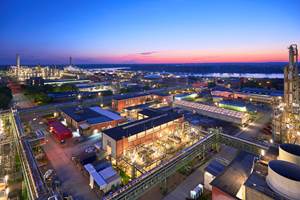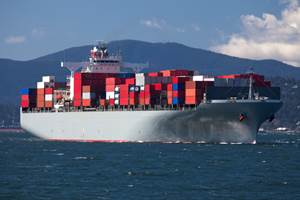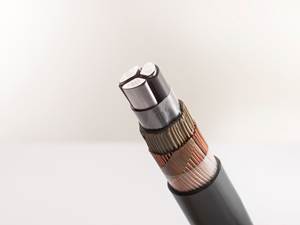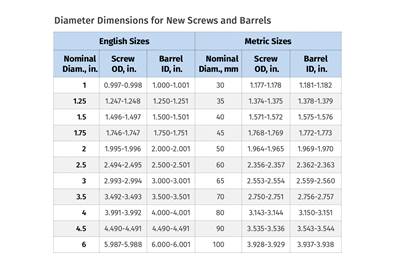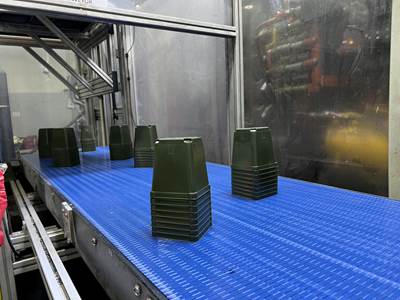The M&A Climate in a New Political Environment
Business owners are asking what to expect going forward and whether there is a meaningful threat to plastics company values.
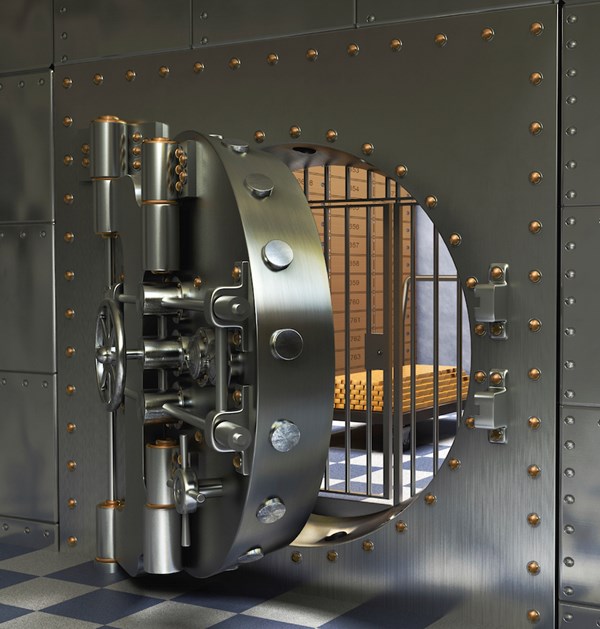
Private businesses are hearing constant discussion about the impact of the new political environment on business, with some trepidation about industry’s immediate future, including impact on M&A.
To get a feel for what’s really happening for today’s plastics companies, we wanted to turn to someone who routinely buys and sells plastics companies. We contacted Deborah Douglas, the managing principal of Douglas Group, St. Louis, one of the longstanding M&A advisors in the plastics arena, to ask questions about market conditions for 2017. (We also spoke with Ms. Douglas about plastics M&A in 2015, including being a better acquirer).
Plastics Technology: We hear owners lately asking more questions about the likely prognosis for future M&A in the industry. Are acquisitions today for plastic companies as strong as they have that in recent years?
Deborah Douglas: We too hear those questions lately. Still though, M&A remains strong for 2017—maybe even up a bit from 2016. The market is very much still strong and exciting, but it may be true that the timing could be about right for a down cycle, before too long.
M&A waves generally run in about 6-8 year cycles. The last big downturn was around 2009, right after the big dip in the economy of 2008. Today you hear experts talking about a “clouding political environment” and you see questions like I read in an article, just this morning, with the title “Is M&A starting to cool off?” There also seems to be a lot more discussion of economic trends talking about “qualified optimism”, with some worry that for M&A we may be nearing a peak.
Q: What do you think might be different today, as we look forward to guess about plastics M&A for 2017?
A: I would expect to see fewer of the really mega-sized transactions. I think deal volume will hold through 2017, but we may see a little bit of a shift toward high volumes of mid-sized and even smaller deals. I suspect there will be greater caution for the billion-dollar-plus plays. For the mid-sized company market, pricing remains strong in 2017, and appetites are good.
Q: Are there certain “types” of plastic companies that seem to be more in demand today? Or have you seen some areas with especially heavier transaction volumes than others?
A: Yes—and it’s nice to write this for a blog focused on plastic technologies! Buyers today seem to be becoming a little more “choosy” about what they want. In the past six months especially, we hear about a really high number of buyers talking about the desire for technical superiority as key to their buying appetite. This desire seems to be across a wide range of processors, and for companies focused upon a wide range of end-user customer segments.
We recently represented a flexographic packaging company in sale. Offers were plentiful, particularly because this company handled a wide range of leading-edge technologies, including the latest high DEF graphics capabilities. In the food markets in particular, these are attributes that every processor seeks to enhance. We are presently working with a telecommunications parts company, which has perfected applications with some highly innovative resin blends, with unique UV resistance and extreme temperature stability. The telecommunications industry is good overall, but with special capabilities added, we think this company will be very valuable.
The processor of today who can do things that others cannot enhances company value dramatically.
Q: If the company is one of the few with really unique capabilities, what does that mean in terms of overall company value?
A: That’s probably a question that only the real life function of today’s competitive M&A market can fully answer. But, the value difference can be very significant.
An average plastics processing company today might sell for a base pricing level of around 5-7 times EBITDA (earnings before income taxes and depreciation—a sort of swag at cash flow, very commonly used in M&A.) However, the really outstanding company with unique products and capabilities well beyond the average for the industry, might go for as much as 8-10 times EBITA. Thus, the difference in desirability, and in resulting value, can be huge.
Q: If a company, like one of the top performing ones you talk about here, is sold to a big money acquirer, what is that likely to mean to employees and their future?
The deep pocketed investor who invests aggressively is very motivated to keep the newly acquired entity strong and growing for the future. The major buyers of growth companies don’t hesitate to invest strongly in retaining people and in supporting new developments.
A: We sold a company about 2 ½ years ago to a very large strategic buyer, with substantial backing by one of the major equity funds. I was talking recently to the new president of the organization, and he told me that in their first two years, their average compensation, overall, for all staff from foreman level up, had increased by about 26%. That ended up, for employees, being a very nice place to work.
We worked with another injection molder a few years back that was sold for a premium price to an equity fund with a powerful connection base in health care, and a sizeable bankroll for growth. That company has added substantial new customers, a new plant, and a huge array of new equipment since the date of its original sale. At the time we sold them, they had four employees who made higher than $100k in total salary. Today they have 22! And even with such increased costs, they make more profit than ever before.
So, when a company has some of the sort of “leading edge” attributes that you mention, and it wants to explore the possibility of sale, how would it do that?
Owners need to figure out how to carefully get word to the right kind of buyers that they may be willing to consider sale. And they need to protect confidentiality as they do so. It is also probably prudent, with this nice stir in upward activity, to think about making that move fairly soon, to take advantage of recent trends.
To get the best and most aggressive growth-oriented buyers, the real key for the smart seller is in creating the right competition. It is a bit of an art form, but there are a nice number of focused seller intermediaries who would love to help.
The payoff can be beautiful. Companies that build future value create solidity for employees and wealth for their owners. The year 2017 promises to be an exciting year for those who may be ready.

Deborah Douglas, is the managing principal of Douglas Group. Douglas is a published author of two books, her most recent: Ripe: Harvesting the Value of Your Business. She is frequently asked to speak at varied industry and trade events and often serves as luncheon speaker for general business forums. She can be reached at ddouglas@douglasgroup.net or 314-991-5150.
Related Content
Ineos Nitriles Launches Biobased Acrylonitrile
The company’s Invireo is said to deliver a 90% lower carbon footprint compared to conventionally produced acrylonitrile.
Read MoreRecord Reshoring Rates in 2022
Reshoring and foreign direct investment (FDI) in the third quarter marked their highest ever level, eclipsing the previous record set in the second quarter of 2022.
Read MoreChemical Recycling Process for Crosslinked PE
Borealis announces capability to produce recycled PE for use in wire & cable, infrastructure industries.
Read MorePackaging Waste Will Become Composite Decking
New partnership will incorporate process waste into wood-alternative decking.
Read MoreRead Next
How Polymer Melts in Single-Screw Extruders
Understanding how polymer melts in a single-screw extruder could help you optimize your screw design to eliminate defect-causing solid polymer fragments.
Read MoreTroubleshooting Screw and Barrel Wear in Extrusion
Extruder screws and barrels will wear over time. If you are seeing a reduction in specific rate and higher discharge temperatures, wear is the likely culprit.
Read MoreProcessor Turns to AI to Help Keep Machines Humming
At captive processor McConkey, a new generation of artificial intelligence models, highlighted by ChatGPT, is helping it wade through the shortage of skilled labor and keep its production lines churning out good parts.
Read More























